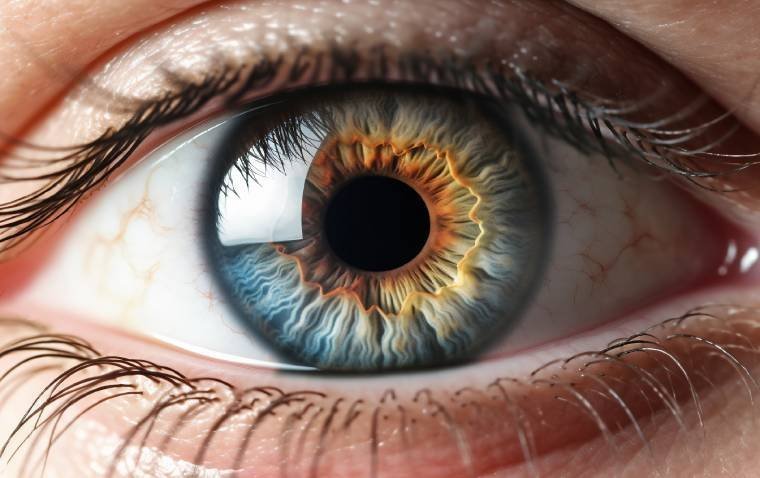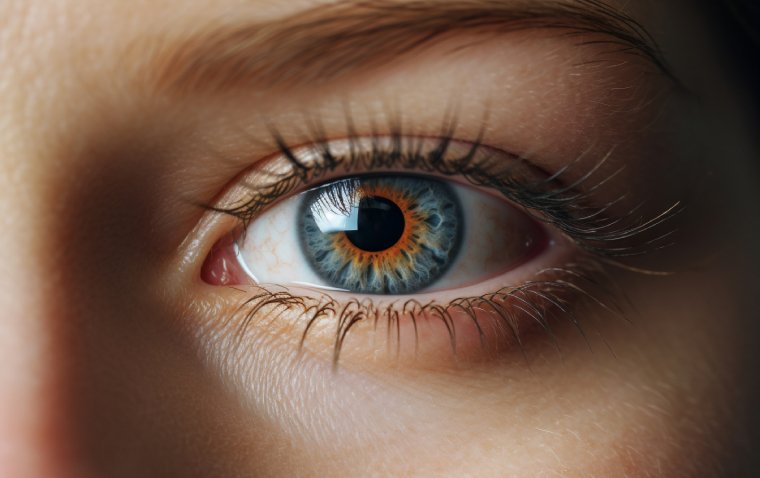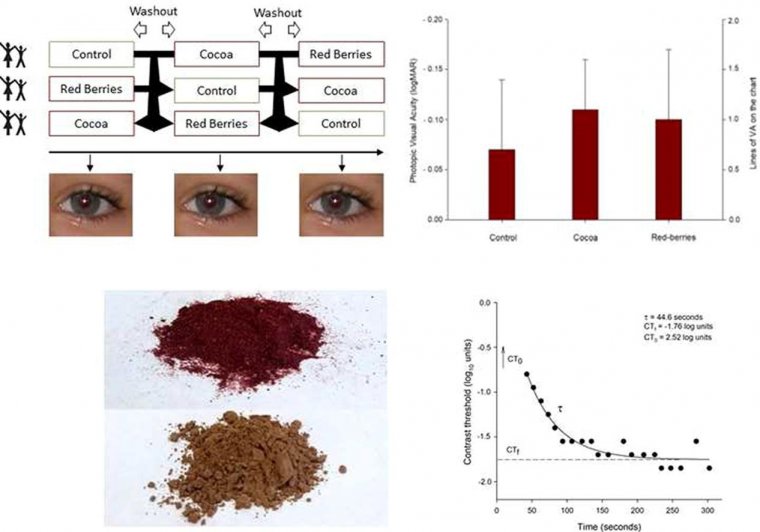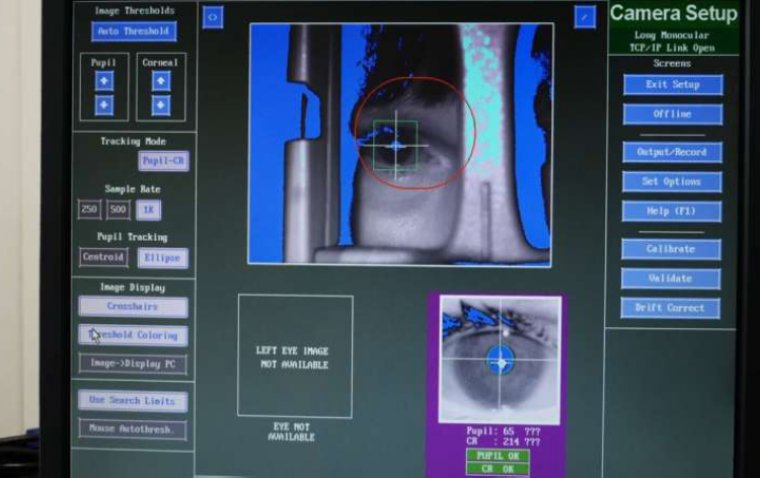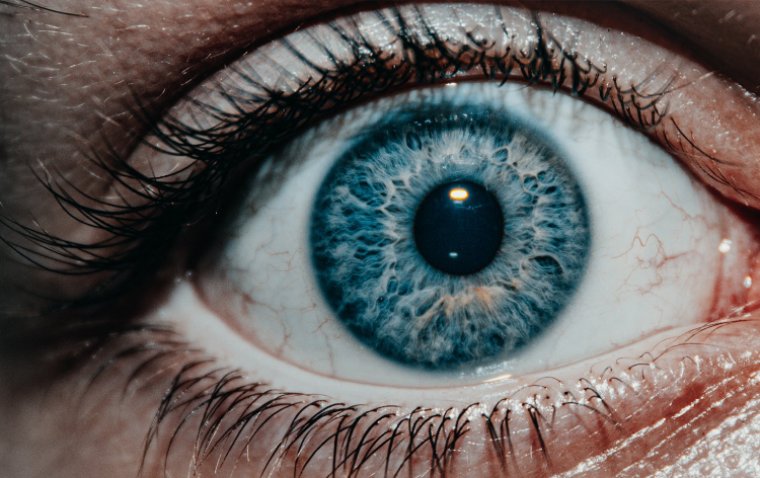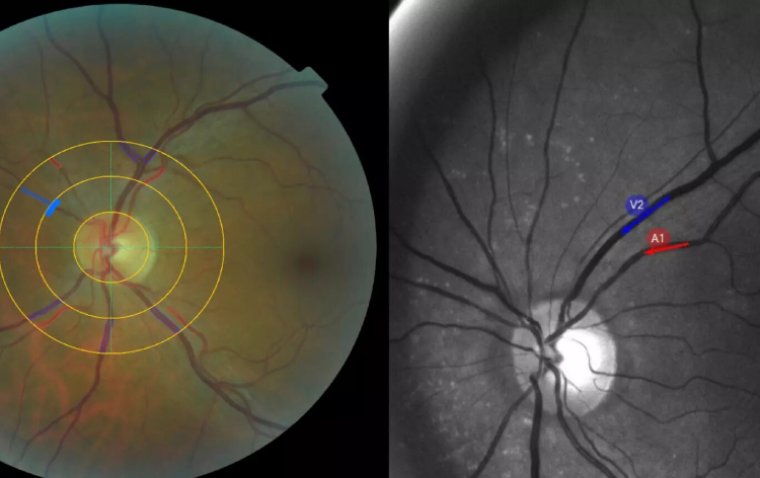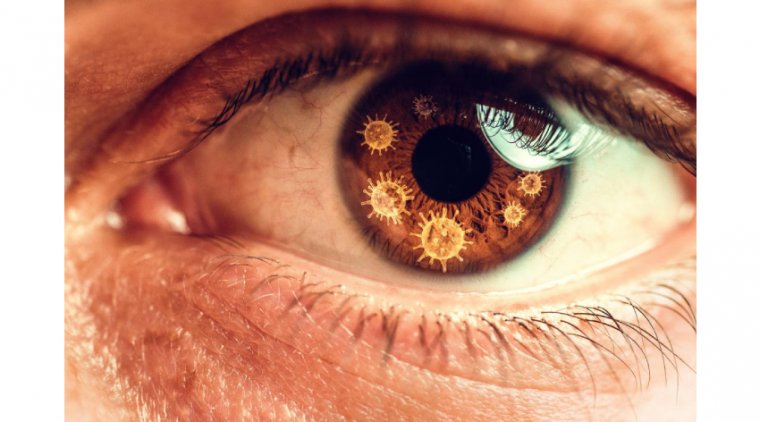
The Link Between COVID-19 Vaccines and Ocular Inflammation
COVID-19 vaccines have been at the forefront of public health efforts globally since their development in record time. Although the vaccines have been shown to be effective in preventing COVID-19 infection, some people have reported side effects that include ocular inflammation.
COVID-19 vaccines have been administered to billions of people worldwide, demonstrating their critical role in controlling the pandemic. However, as with any medical intervention, understanding potential side effects is essential for informed decision-making. Healthcare professionals have closely monitored reports of side effects to ensure vaccine safety, leading to further research into the rare cases of ocular inflammation.
An Overview of Ocular Inflammation
Ocular inflammation, also known as uveitis, is a condition that affects the middle layer of the eye, causing pain, redness, blurred vision, and sensitivity to light. The inflammation can also lead to complications such as glaucoma and cataracts if left untreated.
Uveitis can affect different parts of the eye, including the iris (anterior uveitis), the retina (posterior uveitis), or the entire uveal tract (panuveitis). This condition is often linked to autoimmune disorders, infections, or trauma. When the immune system is triggered, as can happen after a vaccination, inflammation may occur in the eye, which is why some cases are associated with the immune response from vaccines.
Research on COVID-19 Vaccines and Ocular Inflammation
Research has shown that ocular inflammation can occur as a rare side effect of COVID-19 vaccination, particularly with the Pfizer-BioNTech and Moderna vaccines. According to a study published in JAMA Ophthalmology, there have been several cases of uveitis reported in individuals who have received these vaccines.
Despite these findings, it’s important to recognize that the incidence of uveitis following COVID-19 vaccination remains exceedingly low compared to the number of vaccines administered globally. Ongoing studies are being conducted to understand better the relationship between vaccines and ocular inflammation, with some researchers looking into possible genetic or immunological predispositions in affected individuals.
Symptoms of Ocular Inflammation After COVID-19 Vaccination
According to the Indian Journal of Ophthalmology, ocular inflammation can present itself as aside effect of COVID-19 vaccines. Symptoms of ocular inflammation can include redness, pain, light sensitivity, blurry vision, or even vision loss.
If ocular symptoms appear after vaccination, they typically arise within a few days to a few weeks. Monitoring symptoms and early detection are crucial, as timely treatment can prevent long-term complications. While most cases are mild and resolve with treatment, any visual disturbances should prompt immediate consultation with an ophthalmologist for a thorough examination.
Immune Response and Ocular Inflammation
It is important to note that while ocular inflammation can be a side effect of COVID-19 vaccination, it is not necessarily caused by the vaccine itself. Instead, it may be a result of the body's immune response to the vaccine. In other words, the vaccine triggers an immune response that can sometimes cause inflammation, including in the eye.
Vaccines work by stimulating the immune system to recognize and fight off the virus if exposed. In rare cases, this heightened immune response can inadvertently target parts of the body, including the eyes. This is known as an autoimmune or autoinflammatory reaction. Similar immune-mediated reactions have been observed in other vaccinations and are not exclusive to COVID-19 vaccines.
Rarity and Risk Factors of Ocular Inflammation
However, it's important to note that the incidence of ocular inflammation following COVID-19 vaccination is rare. The benefits of vaccination in preventing severe COVID-19 far outweigh the risk of developing uveitis.
The Centers for Disease Control and Prevention (CDC) and the World Health Organization (WHO) continue to support COVID-19 vaccination programs, emphasizing that the occurrence of ocular inflammation is a rare and manageable event. Risk factors for developing ocular side effects post-vaccination may include a personal or family history of autoimmune conditions or previous episodes of uveitis. Nevertheless, the risk remains minimal when compared to the potential consequences of severe COVID-19 infection.
What to Do if You Experience Symptoms?
If you experience any symptoms of ocular inflammation after receiving the COVID-19 vaccine, it's important to seek medical attention right away. Your doctor may recommend treatment options such as topical or oral steroids to reduce inflammation and relieve symptoms.
In addition to corticosteroids, treatments might include pupil-dilating eye drops to reduce pain or, in more severe cases, immunosuppressive medications. Early diagnosis and management of ocular inflammation are crucial to avoid complications like scarring of eye tissues or permanent vision damage. Regular follow-ups with an eye specialist ensure that inflammation is controlled and vision is preserved.
Comparison of Risks: COVID-19 Vaccination vs. Infection
It is also worth noting that the risk of developing ocular inflammation as a side effect of COVID-19 vaccination is much lower than the risks associated with COVID-19 infection itself. COVID-19 can cause severe respiratory problems, and in some cases, it can lead to serious complications such as blood clots, heart damage, and even death.
COVID-19 itself has been linked to a wide range of ocular complications, including conjunctivitis, retinopathy, and even optic neuritis in severe cases. In addition, the virus can cause long-lasting damage to various organs, and severe infection can result in hospitalization or death. Therefore, the vaccine's ability to prevent these life-threatening complications significantly outweighs the rare occurrence of vaccine-associated ocular inflammation.
Conclusion: Weighing the Benefits and Risks of Vaccination
While there have been rare cases of ocular inflammation following COVID-19 vaccination, the benefits of vaccination in preventing severe cases of COVID-19 outweigh the risks. If you experience any symptoms of uveitis after vaccination, seek medical attention promptly, and follow your doctor's treatment plan.
Ultimately, the decision to vaccinate should be made with the understanding of both the benefits and risks. Health authorities continue to advocate for widespread vaccination as a means to control the pandemic, while ophthalmologists advise awareness and prompt treatment of any post-vaccination ocular symptoms. The overall safety profile of COVID-19 vaccines remains robust, with the prevention of severe illness and death far outweighing the rare side effects reported.
(1).jpg)
